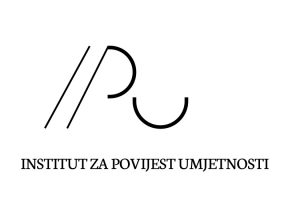The exhibition Deadlines by Yael Toren opened in the Kranjčar Gallery, organized by PhD. Leonida Kovač.
From the comprehensive introduction, prepared for the exhibition catalog, we highlight: “The knowledge of a moment in Yael Toren’s artistic research is evidently the knowledge of the present moment, marked by the Fourth Industrial Revolution, the terrifying extent of war destruction, and the resulting so-called migrant crisis, in which exiles and refugees are exposed to extreme dehumanization. This is the moment in which capital, concentrated around neuroscience, information technologies, biogenetic codes, and algorithms, redefines the very concept of the human. That is why Toren’s works approach this concept by articulating interspatiality and multiple temporalities, drawing transversals that place the present in relation to the past, and the human to the non-human. The effect of these works is often manifested through the dynamics of the digital and that which defies the binary code.
[…]
I would say that Yael Toren’s works precisely explore this historical unconscious, in which trauma exists not only as an individual experience, but above all as a cultural trauma. It is therefore not surprising that one of the themes articulated by her works is the same one that Walter Benjamin dissected in his seminal essay “Critique of Violence,” published in the same year as the abovementioned play by Pirandello, in 1921. Benjamin focused on the relationship between violence and law, i.e. justice. He wrote: “The critique of violence is the philosophy of its history – the ‘philosophy’ of this history because only the idea of its development makes possible a critical, discriminating, and decisive approach to its temporal data.” Temporal data is of exceptional importance in Toren’s works, which include references to Middle Eastern archaeological artefacts. In the work titled Moral Code, for example, the artist focuses on the structural misogyny and femicide legalized by the Code of Hammurabi, transliterating the text from the Akkadian language into a digital code. As Toren explains, “neither the Akkadian language nor the digital code are comprehensible to the observers, although both have influenced human consciousness by shaping the way in which a specific culture understands women and allows violence against them.”
The exhibition is open until May 20 on weekdays from 11:00 a.m. to 7:00 p.m. and on Saturdays from 11:00 a.m. to 2:00 p.m. Gallery address: Kaptol 26, Zagreb.


